JOIN US FOR THE INGREDIENTS TO SUCCESS
JOIN US ON SEPTEMBER 15th | 12 PM EST | Livestream via YouTube
Food is a universal language. Yet it’s also deeply embedded in unique and diverse cultural expression. Perhaps, this is part of what has made it possible for activists to use food and feasts in radical and unconventional ways to activate social change—food can allure and persuade people to show up because while eating, we’re willing to listen and dialogue.
Join us as we marinate on food as the message and the medium. How can food be utilized to make an impactful critique, bring people together, and creatively navigate uncomfortable and sensitive discussions?
Learn how activists have used food-based gatherings to make real and lasting change and more about our panelists below!
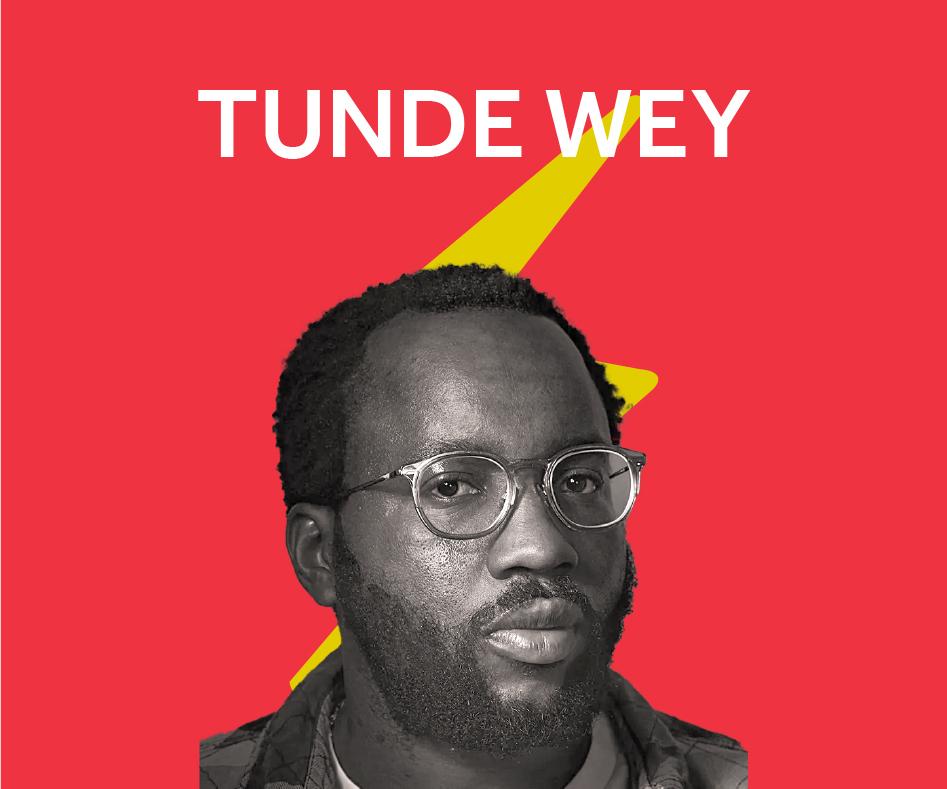
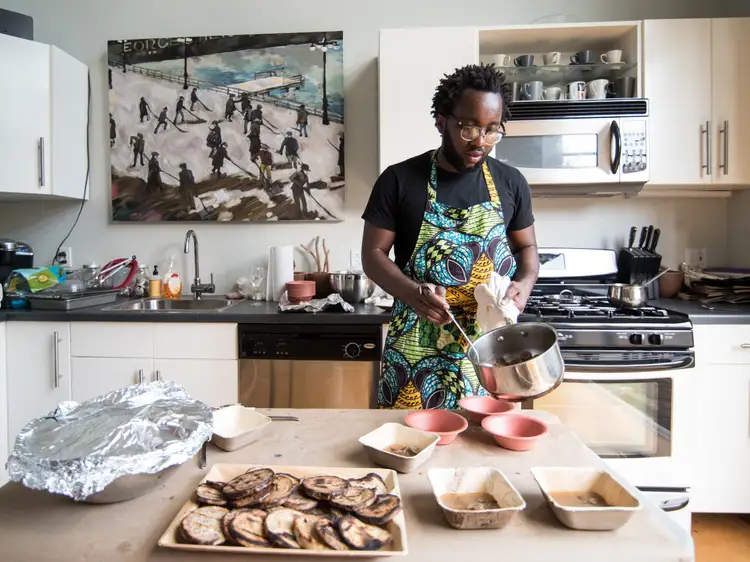
TUNDE WEY
Tunde Wey is a Nigerian immigrant artist, chef, and writer working at the intersection of food and social politics. His work engages systems of exploitative power, particularly race, immigration, gentrification, and global capitalism, from the vantage point of the marginalized other. He uses food and dining spaces to confront and close the disparities these inequalities create.
Tunde’s work has been written about in The New York Times, Washington Post, NPR, Vogue, and GQ. His own writing has been featured in The Boston Globe, Oxford American, CityLab, and The San Francisco Chronicle.
He is the spring/summer 2022 artist-in-residence at ALMA|LEWIS, an experimental, contemporary art platform dedicated to Black culture, based in Pittsburgh, PA. Tunde is currently working on a book of essays slated for publication with MCD (a division of Farrar, Straus & Giroux).
DAWN WELESKI
Dawn Weleski co-founded and co-directed Conflict Kitchen, a take-out restaurant that served cuisine from countries with which the U.S. government is in conflict. Their art practice administers a political stress test, antagonizing routine cultural behavior by repurposing underground brawls, revolutionary protests, and political offices as transformative social stages. Previous work includes City Council Wrestling, a series of public wrestling matches where citizens, pro-am wrestlers, and city council members personified their political passions into wrestling characters, and Fair Share Fare, a food futures research and climate emergency relief collective.
Weleski has worked in hospitality and food service for over 25 years, and their current wage work as a bartender/baker/line cook, house cleaner, landscaper, and Emergency Medical Technician, among other gigs, informs their collective stewardship of emergentCNY, a Central New York mutual aid network that exchanges goods and services during times of ever-present crisis through reciprocal care, rest, repair and regeneration.
They have exhibited at Smithsonian Design Museum; Hammer Museum; have been a resident at The Headlands Center for the Arts, SOMA Mexico City, and The Atlantic Center for the Arts; was a 2017 Andy Warhol Foundation for the Visual Arts Curatorial Fellow and a 2019-20 NEH Visiting Assistant Professor of Art & Art History at Colgate University and Upstate Institute Fellow.
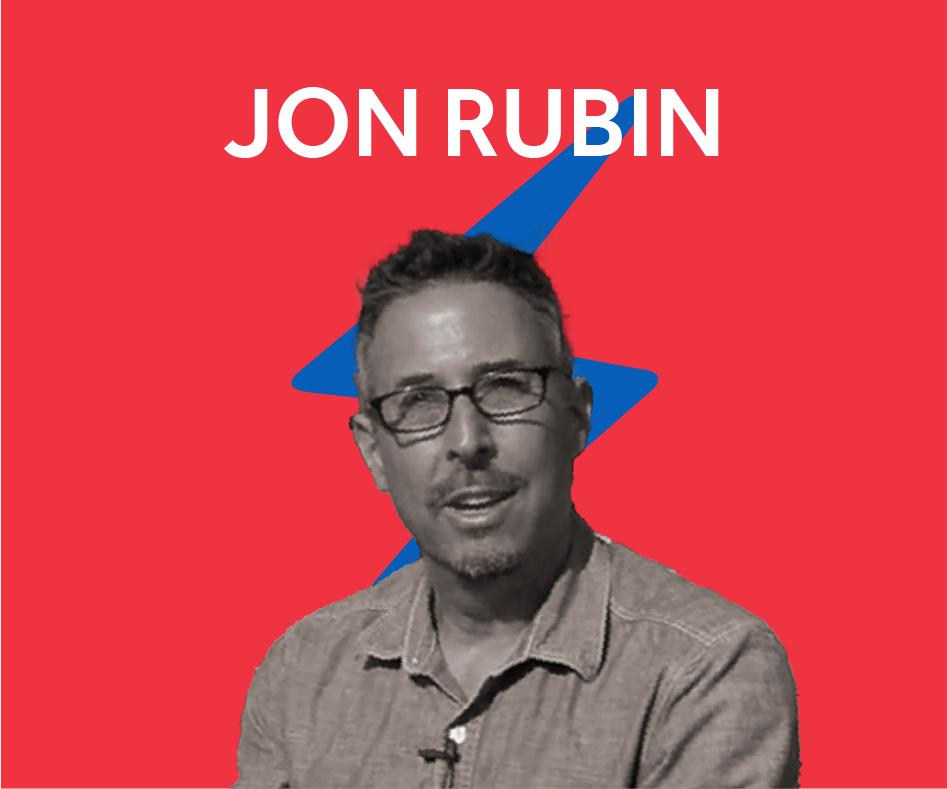
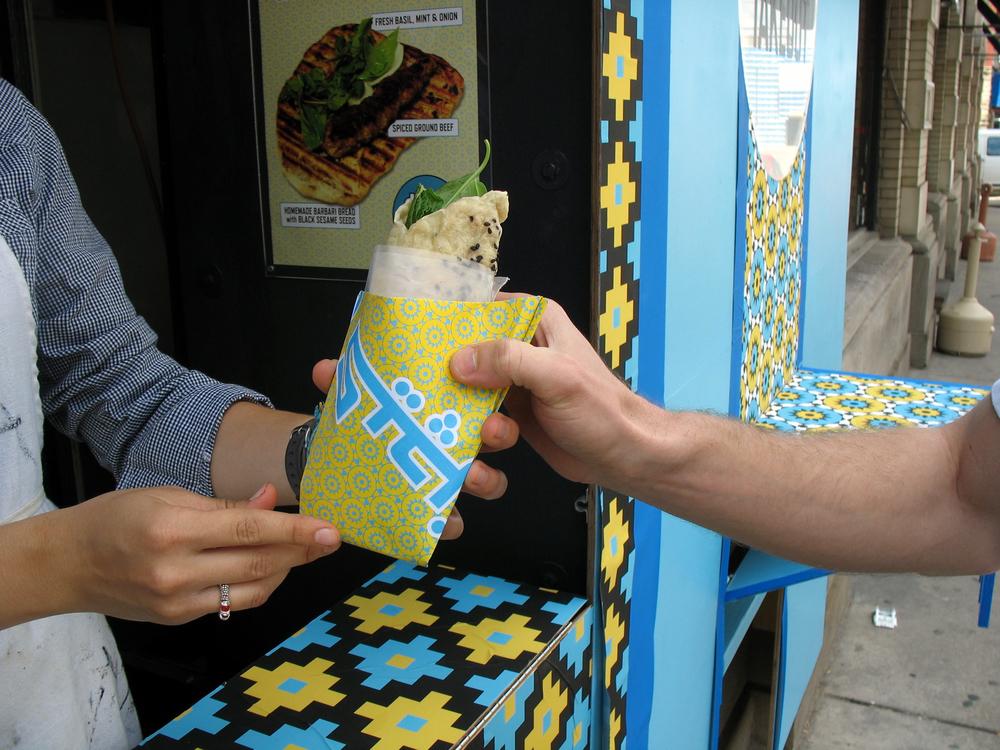
JON RUBIN
Jon Rubin is an interdisciplinary artist whose public projects create alternative platforms for collaboration, participation, and exchange. He has exhibited at the San Francisco Museum of Modern Art; the Mercosul Biennial, Brazil; the Shanghai Biennial; the Carnegie International, The Lyon Biennale; the Solomon Guggenheim Museum, the Museum of Contemporary Art, Denver; as well as in backyards, living rooms, and street corners.
Rubin’s work has been reported nationally and internationally by outlets including The New York Times, The Associated Press, The Boston Globe, La Repubblica, Al Jazeera, BBC World News, and NPR’s “All Things Considered.” Rubin is a Professor of Contextual Practice in the School of Art at Carnegie Mellon University.


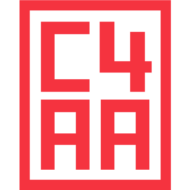
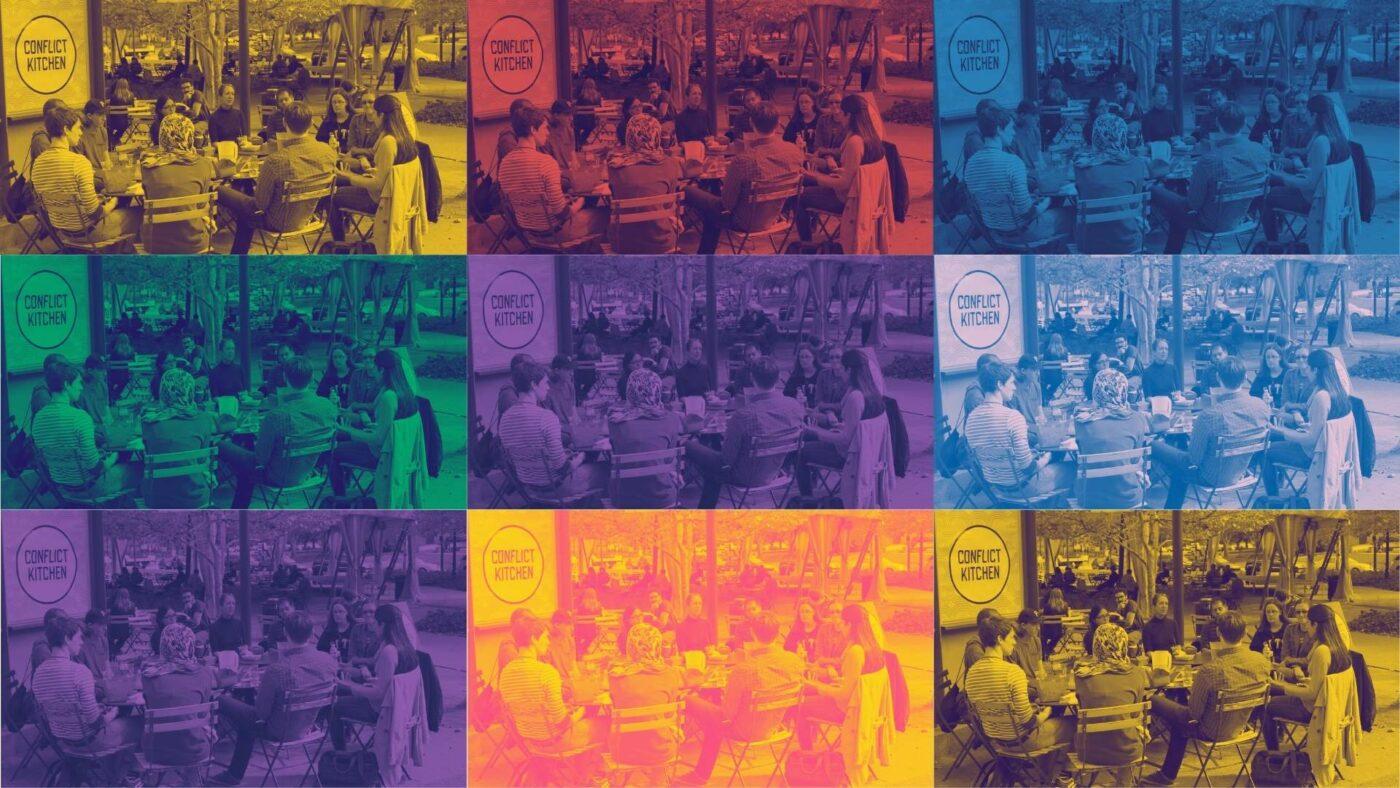
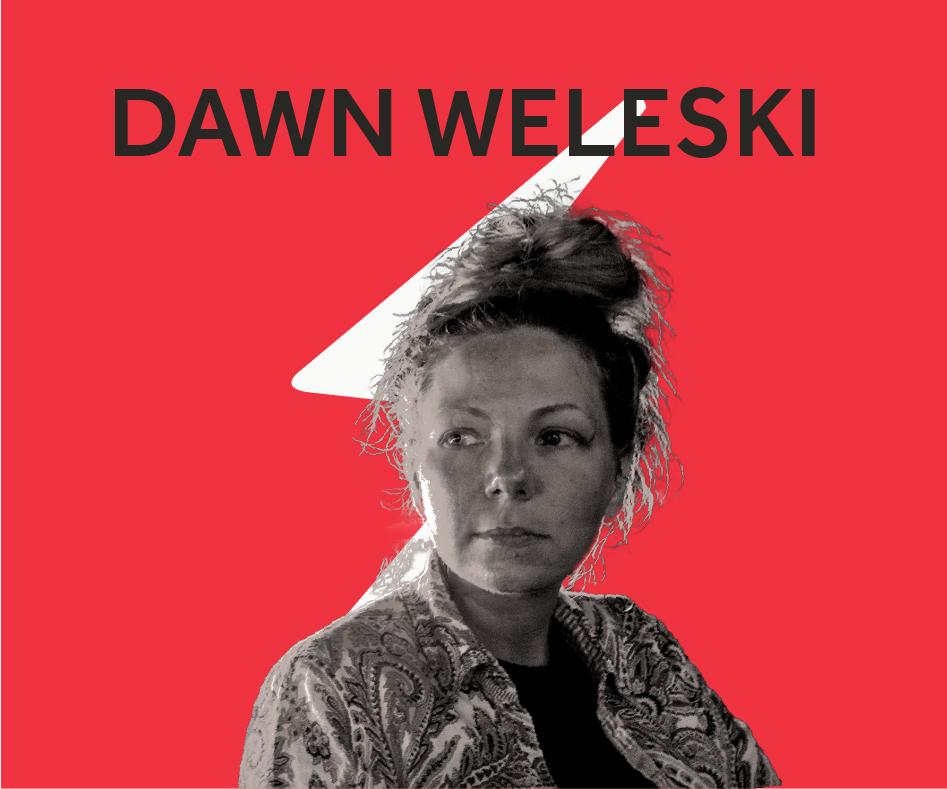
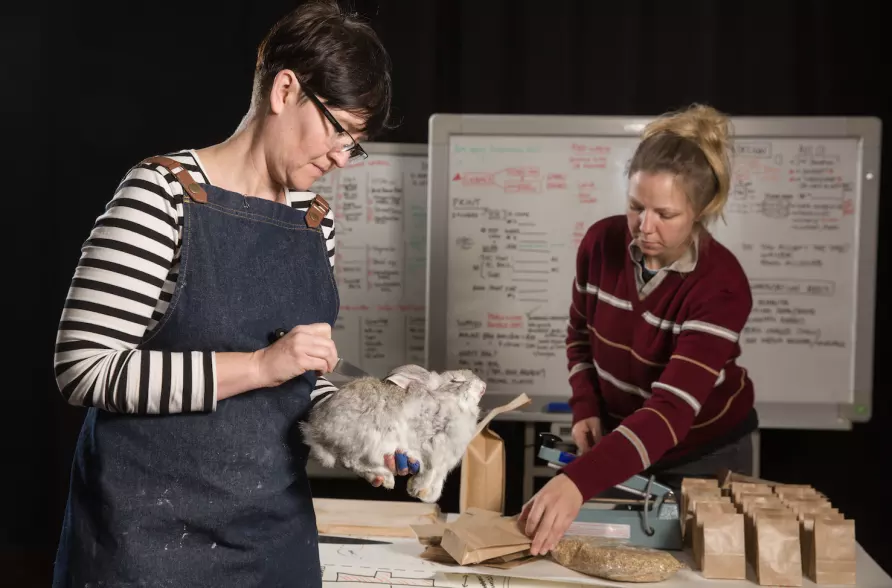
You must be logged in to post a comment.